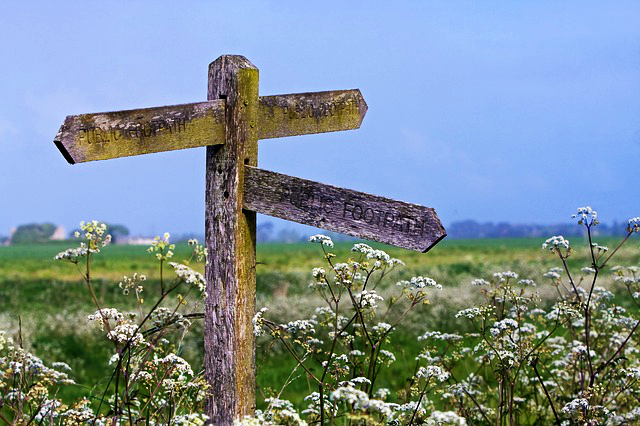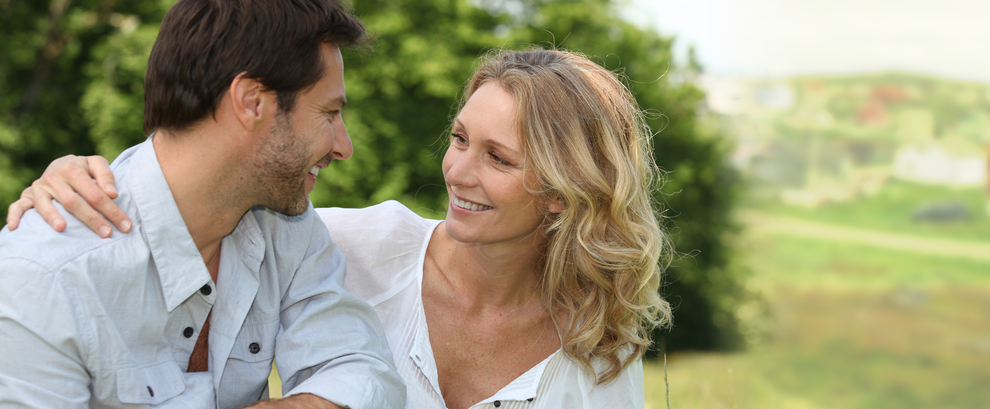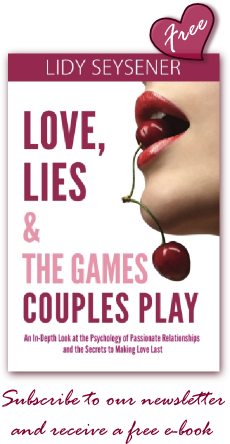 People say that if you like safety, then the easiest and quickest way to make a round-the-world trip is the web map. Thus you will not have to protect yourself from the unsuccessful attempts of local cooks; you will not have to get vaccinated against all possible diseases you have never even heard of, you will not have to pack up your stuff and a bunch of other advantages of this proposed option. But I keep wondering where the joy is of the very attempt, where the true pleasure is of collecting priceless moments? If there is a fixed axis, then where is the point of looking for it or choosing the path of the empiric attempt? Where is the actual beginning of our trip around the wide world and what is its trajectory?
People say that if you like safety, then the easiest and quickest way to make a round-the-world trip is the web map. Thus you will not have to protect yourself from the unsuccessful attempts of local cooks; you will not have to get vaccinated against all possible diseases you have never even heard of, you will not have to pack up your stuff and a bunch of other advantages of this proposed option. But I keep wondering where the joy is of the very attempt, where the true pleasure is of collecting priceless moments? If there is a fixed axis, then where is the point of looking for it or choosing the path of the empiric attempt? Where is the actual beginning of our trip around the wide world and what is its trajectory?
From the moment of your conception, you were already making distinct self-interested and self-aware decisions for and about yourself as well as about others. By the time you were eight years old, you were beginning to make major decisions not only for yourself and about yourself, but also about other people and the world you experienced—the things you saw, heard, touched, tasted and smelled, and about the emotional reactions you had to those experiences.
Depending on the particulars of your earlier life experiences and your reactions to them, the decisions you made included both positive and negative ones—from the sensible and practical to the absolutely absurd and unrealistic — because, as Muriel James and Dorothy Jongeward explain in their 1978 book, Born to Win, “Children can only perceive life through the small peek hole of their existence.” This means that children, because of their lack of experience and their inability to intellectualize as adults, can only make decisions reflected by their level of maturity at the time.
Life is a journey, with each age offering us new insights into earlier life experiences, insights that we simply cannot make any earlier than we are ready to make them. The experience of childhood, and its conclusions, will embed decisions of varying magnitude—from the inconsequential (“peanuts grow on trees”) to the fundamentally asocial, or perhaps even pathological (“I have no value, so I would be better off dead”).
There is a point in packing up your stuff and heading for a trip, and there is a point in helping your child as well to “set in order” his/her own travel bag. Now you understand the true importance of the experience you gain. Furthermore, the most important is that this is a first-person experience.
Let’s return to our spider’s-web image from a previous article to understand graphically how script patterns evolve. In this metaphor, rather than the web junctions representing people, it now represents situations that happen in your life and the subsequent decisions you made. At every junction you have many possible routes you could take in response to what is happening in your life at that moment. Each route will take you to an entirely different place. One decision affects another, and in a stream of consequences, you constantly make and remake decisions about your life and your life’s direction. This eventually leads to a decision about how you will die: the final, already-determined ending of your life script.
Each single step, each decision, each turn you make leaves a trace in your own life. You are the only one responsible for the road map. The opportunity of taking a new road is your chance for personal change and growth. The obstacle you face today is your future key to the next treasure. So, my dear friends remember that one beautifies his/her own life. And please allow me to give you a little advice: be creative and draw with a flourish!
To the wonder of you,











Leave a reply